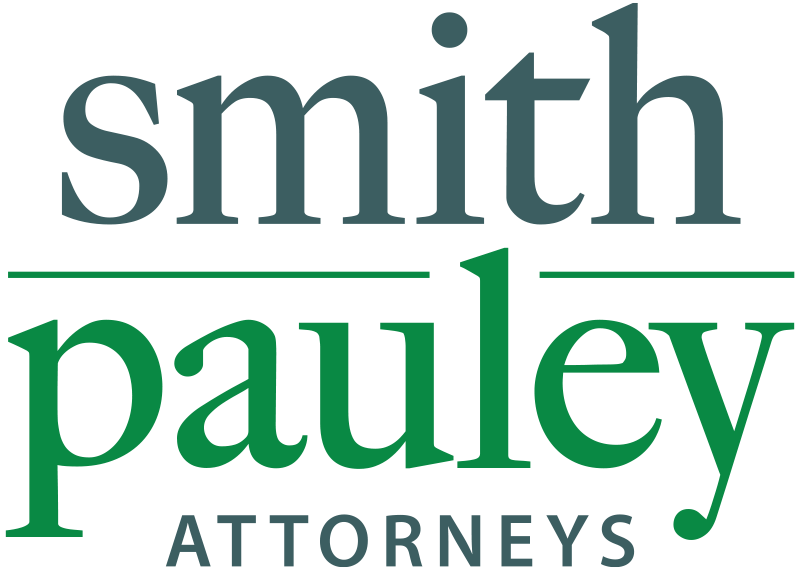SAFEs vs. Convertible Notes: A Comparative Guide for Startup Fundraising.
By Tyler Seals, Partner, Smith Pauley LLP
I. Introduction
Startup founders face a critical choice when raising early-stage capital: selecting the right investment instrument. Many assume issuing equity in a priced round is the default option. However, this route can involve lengthy negotiations, legal expenses and loss of control. To address these challenges, convertible instruments emerged as an alternative, offering faster financing while deferring valuation.
Convertible instruments allow investors to contribute funds in exchange for future equity, with conversion triggered by predefined events. They streamline funding, minimize negotiation and let founders retain control. However, investors seek favorable terms to offset their risk. By way of example, two widely used instruments—convertible notes and SAFEs (Simple Agreements for Future Equity)—serve this purpose while differing in structure and implications.
This article examines the key differences, advantages and limitations of SAFEs and convertible notes to help founders, investors and legal advisors make informed decisions.
II. Overview of SAFEs
Introduced by Y Combinator in 2013, SAFEs simplify fundraising without accruing interest or requiring a maturity date. Instead, they convert into equity upon a triggering event. This structure benefits founders by deferring valuation until an equity round, reducing the risk of undervaluation.
SAFEs automatically convert upon a qualifying financing event, acquisition, or IPO. Investors are often incentivized through valuation caps, conversion discounts or most favored nation (“MFN”) clauses. However, automatic conversion can be risky if it occurs at an inopportune time for the startup or if a company becomes profitable without additional funding.
In 2018, Y Combinator introduced the “post-money SAFE,” offering investors clearer ownership stakes before an equity round. Unlike “pre-money SAFEs,” where ownership calculations remain uncertain until conversion, post-money SAFEs guarantee an investor’s percentage relative to founders and other SAFE holders before dilution in an equity round.
By way of example, a $200,000 investment in a post-money SAFE with a $4 million valuation cap (the maximum price at which the SAFE will convert into equity in the future) secures a 5% stake in the convertible security round. The investor’s stake then dilutes in the subsequent equity round alongside other shareholders. While post-money SAFEs offer clarity, founders must consider the increased dilution compared to pre-money SAFEs.
III. Overview of Convertible Notes
Convertible notes are debt instruments used by startups to raise capital. They function similarly to a standard loan, accruing interest over time, but may be repaid in equity shares instead of cash. Convertible notes serve as bridge financing, allowing founders to delay setting a formal valuation until they better understand their company’s potential.
Convertible notes have two notable features: interest rates and maturity dates. The interest rate compensates investors for the time they hold the note, with interest accruing daily and increasing the total amount of equity owed upon conversion. The maturity date establishes the deadline by which the note must either convert to equity or be repaid, creating a clear timeline for investors and founders.
A convertible note converts upon a qualified financing round that meets a minimum fundraising threshold. If no triggering event occurs before maturity, investors can demand repayment, extend the note, or convert at a pre-negotiated valuation. Investors often negotiate additional rights, such as board observer seats or pro rata rights, to maintain their stake in future financing rounds.
IV. Investor Protections
Convertible securities incorporate mechanisms to mitigate investor risk, including:
Conversion Discounts: Investors receive equity at a reduced price compared to new investors in the triggering round.
Valuation Caps: A maximum valuation is set for conversion, ensuring investors receive more shares if the company's valuation exceeds the cap.
MFN Clauses: Investors can adopt better terms negotiated by later investors, such as improved valuation caps or higher discounts.
V. Early Exits and Dissolution
In mergers or acquisitions, SAFEs grant holders the greater of their original investment amount or the value they would receive upon conversion. They rank below creditors but alongside preferred stockholders. In a company shutdown, SAFE holders typically receive a return of their purchase amount after debt obligations are settled.
Convertible notes, as debt instruments, receive priority over SAFEs in liquidation or acquisition scenarios. Upon a liquidity event, noteholders may demand repayment, convert at favorable terms, or receive a multiple of their principal investment. In dissolution, noteholders are repaid before any equity holders, providing stronger protections than SAFEs.
VI. Conclusion
SAFEs and convertible notes each offer unique advantages in startup financing. SAFEs provide speed and simplicity, appealing to founders seeking minimal complexity. Convertible notes offer stronger investor protections but introduce debt-related risks. Entity type, investor preferences, and long-term funding goals influence the choice between these instruments.
While post-money SAFEs offer clearer ownership stakes, they may result in greater founder dilution. Convertible notes, with their structured debt terms, provide additional investor security but can pressure startups financially if they fail to convert. Ultimately, founders and investors should carefully negotiate terms to align their interests and seek legal counsel to navigate the complexities of early-stage fundraising.
Tyler Seals is a partner with Smith Pauley. As a corporate law and mergers and acquisitions attorney, he guides his clients through the process of buying and selling businesses. Tyler counsels founders, management teams, owners, private equity sponsors and strategic acquirers through every stage of the M&A process. He has deep experience advising clients on all aspects of business transactions in a variety of industries and assists clients in negotiating deal structure and terms and organizing the due diligence process. He serves as outside general counsel for many startup companies and small business clients. Tyler has extensive experience helping these clients through the entity formation process, guiding day-to-day operational matters and providing practical and strategic advice regarding growth and exit opportunities. As you just read, he also is an expert and experienced attorney in the area of Name, Image and Likeness for collegiate athletes.

